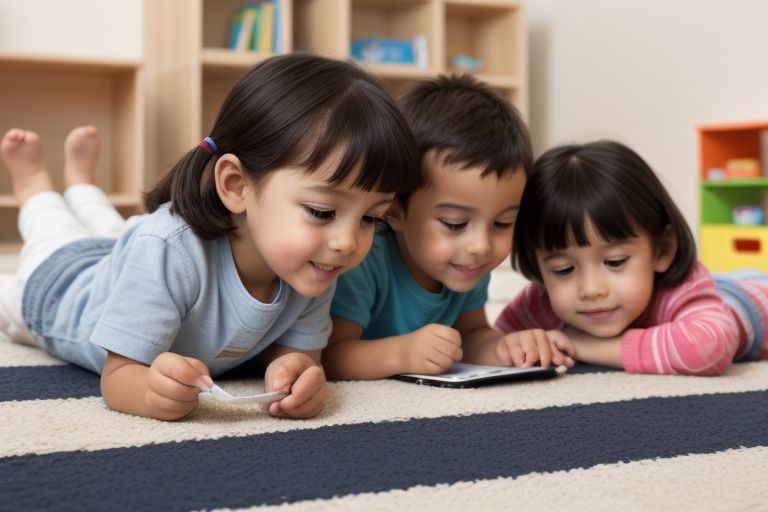
Study Shows Increased Screen Time Affects Children’s Development
The relationship between screen time and children’s development has been a topic of considerable research and debate. Studies suggest that excessive screen time can have various effects on children’s cognitive, social, and physical development. Here’s a synthesis of key findings from recent research:
- Cognitive Development: Increased screen time has been linked to attention problems, difficulties with memory and learning, and lower academic performance. Children who spend more time on screens often have reduced time for activities that promote cognitive development, such as reading, problem-solving activities, and interactive play.
- Language and Social Skills: Screen time can also impact children’s language development and social skills. High screen time can lead to reduced interactions with parents and peers, which are critical for learning communication and social skills. However, content that is educational and interactive can mitigate some of these effects, especially in younger children.
- Physical Health: Excessive screen time is associated with a sedentary lifestyle, contributing to obesity, irregular sleep patterns, and eye strain. Physical activity and sleep are crucial for children’s physical development and overall health. Limiting screen time can encourage more active play and better sleep habits.
- Emotional Development: There’s also evidence suggesting that screen time can affect children’s emotional development. For instance, overexposure to screens can lead to decreased emotional regulation, increased anxiety, and depression. The content consumed can significantly influence these outcomes, with violent or inappropriate content having potentially negative effects.
- Parental Mediation: The role of parents in mediating screen time is pivotal. Setting limits on screen time, monitoring the content, and engaging in co-viewing can help mitigate negative impacts. Encouraging alternative activities that promote physical activity, outdoor play, reading, and family interaction is equally important.
- Quality vs. Quantity: Not all screen time is equal. Educational content designed to be interactive and age-appropriate can have positive effects on learning and development. The key is balancing screen time with other activities that contribute to a child’s overall development.
Guidelines and Recommendations: The American Academy of Pediatrics (AAP) offers guidelines suggesting limits on screen time based on age, recommending no digital media use (except video chatting) for children under 18 months, and consistent limits for older children and adolescents. The AAP also emphasizes the importance of ensuring screen time does not replace time needed for sleep, physical activity, and other behaviors essential to health.
In conclusion, while screens are an integral part of modern life, balancing screen time with other developmental activities is crucial for children’s health and development. Parents and caregivers play a critical role in guiding this balance to support positive outcomes.